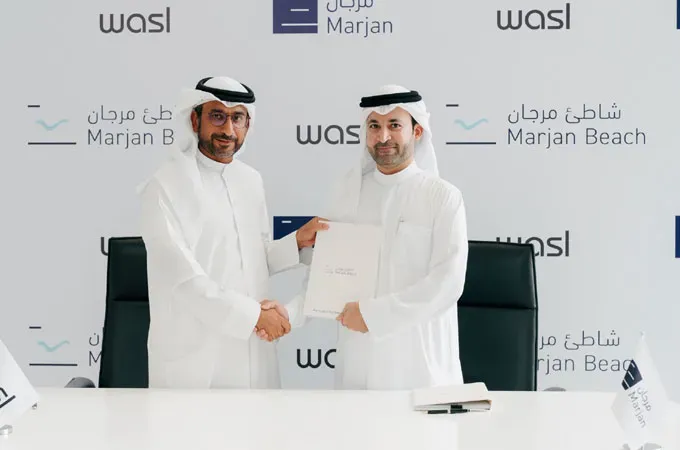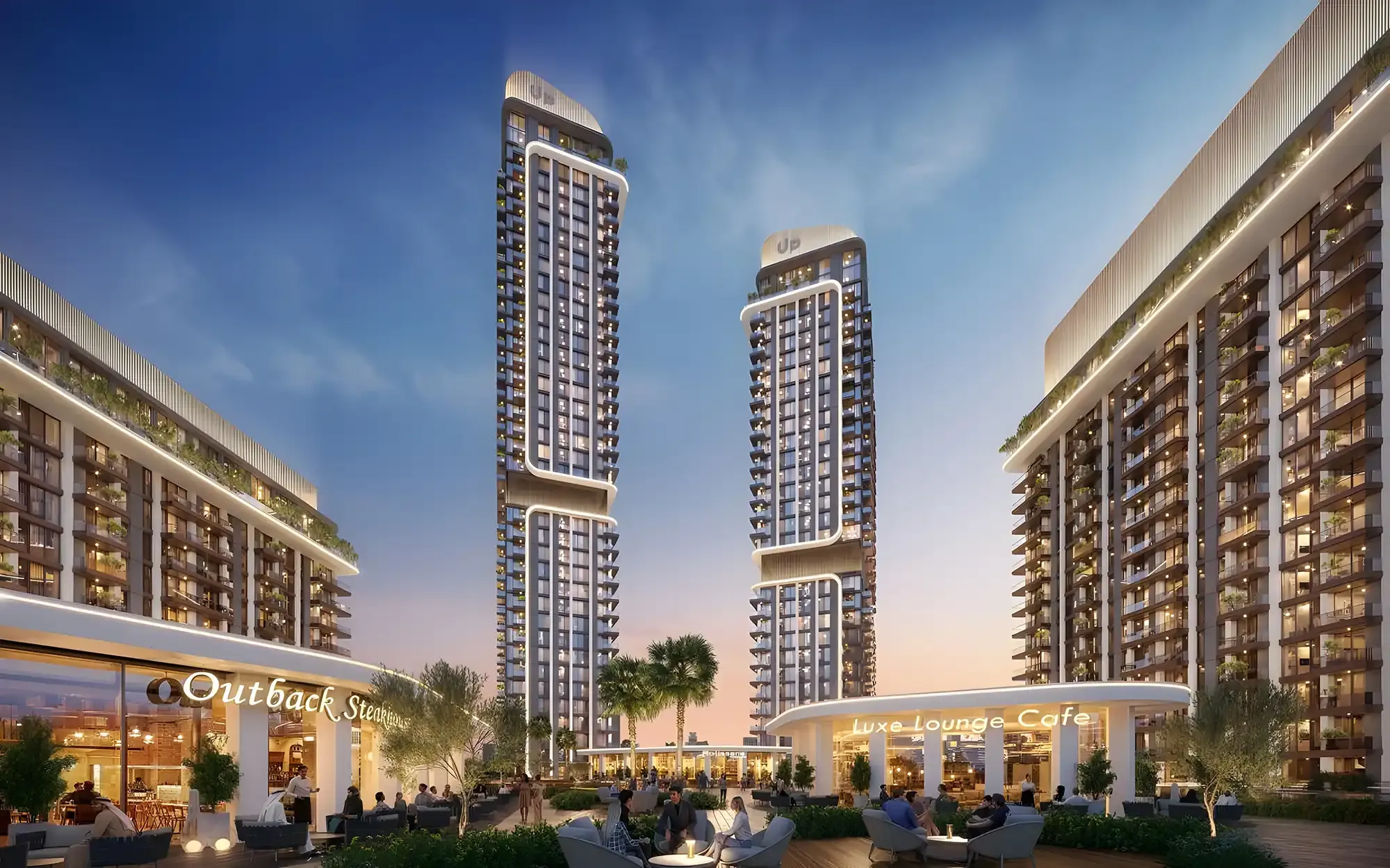New Demand, New Geography
Al Msaddi points to the redistribution of land value and the emergence of new property hotspots, especially in traditionally overlooked emirates.
“Each emirate has always had something unique to offer. But until now, the opportunity cost of movement, whether for people, goods, or capital, has been too high.”
“Etihad Rail changes that. When you cut travel time from 2 hours to 50 minutes between cities, you don’t just save time, you reshape where people choose to live, work, and invest.”
“What used to be too far is suddenly next door. Fujairah is no longer the end of the UAE, it’s the Eastern gateway. Al Ain becomes a realistic base for remote professionals who can now be in the capital or the coast in under an hour. This creates a complete re-pricing of land value, not based on geography, but based on accessibility.”
Global Lessons, Local Application
Drawing comparisons with Japan’s bullet train, Al Msaddi cites how cities like Nagoya saw commercial land values rise over 40%, and housing demand jump more than 60% within five years.
“It wasn’t about the train itself, but the economic flow unlocked by faster travel,” he explained. “The UAE is applying that same model, but with one major advantage: it’s building the world’s most advanced, tech-enabled rail system from the ground up, with no legacy constraints.”
Business, Logistics, and Investment Impact
The Etihad Rail network is set to transform logistics, B2B supply chains, and commercial real estate ecosystems by enabling faster transactions and improving operational efficiency across sectors.
“A salesperson based in Sharjah can now close deals in Abu Dhabi and Dubai without losing six hours to traffic,” said Al Msaddi. “That boosts output. Multiply that across the commercial class, and you start seeing real GDP impact.”
Al Msaddi anticipates a ripple effect in tier-2 cities such as Fujairah, Al Dhaid, and Ruwais, where enhanced connectivity will drive real housing and commercial demand.
“Transit-oriented hubs will rise near stations like Sharjah’s University City and Sakamkam in Fujairah, with walkable, mixed-use clusters.”
He also expects a shift in the second-home market as accessibility improves.
“For families in Dubai, weekend beach units in Fujairah become practical when they're under an hour away.”






